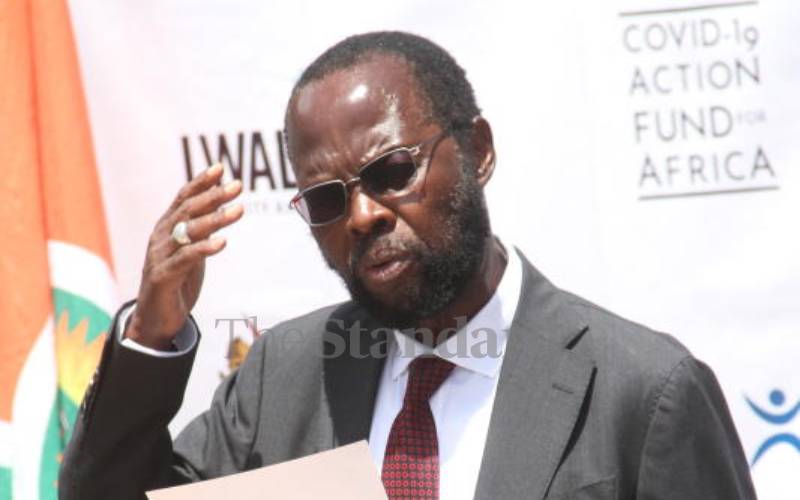×
The Standard e-Paper
Kenya’s Boldest Voice

Kisumu Governor Anyang' Nyong'o says the county’s health facilities could be overwhelmed if the spread of India Covid-19 variant is not contained.
The governor laid blame on the public for failing to observe Covid-19 containment measures in order to curb the spread of the variant in Kisumu.